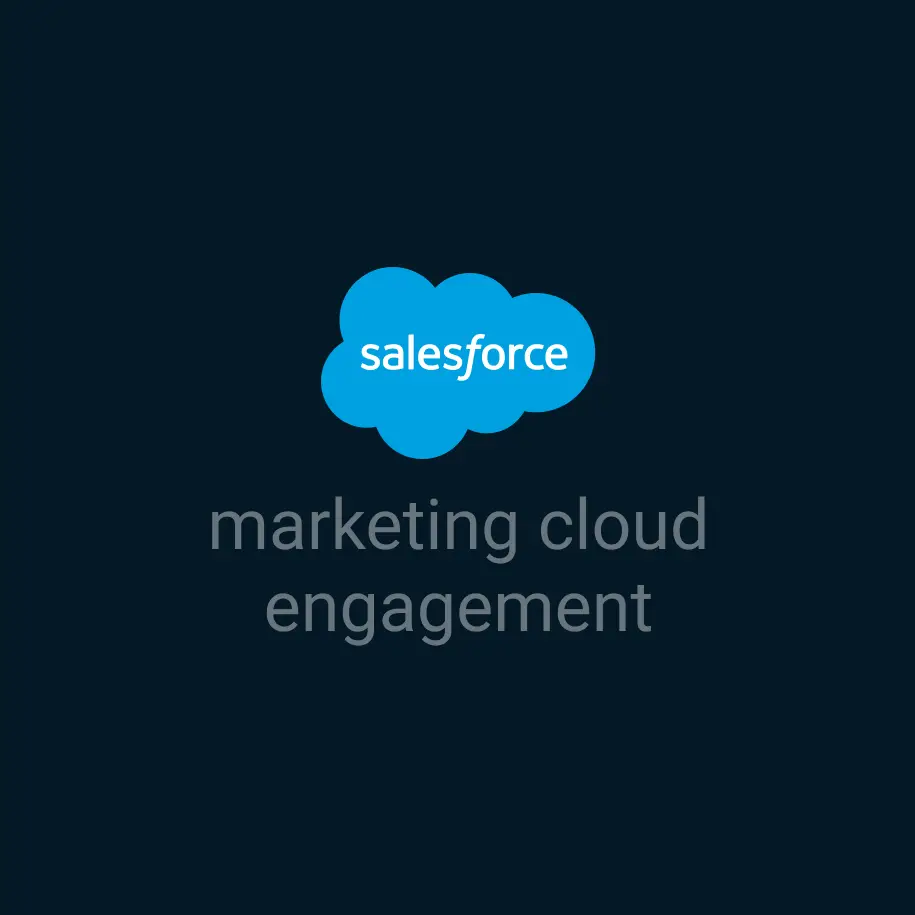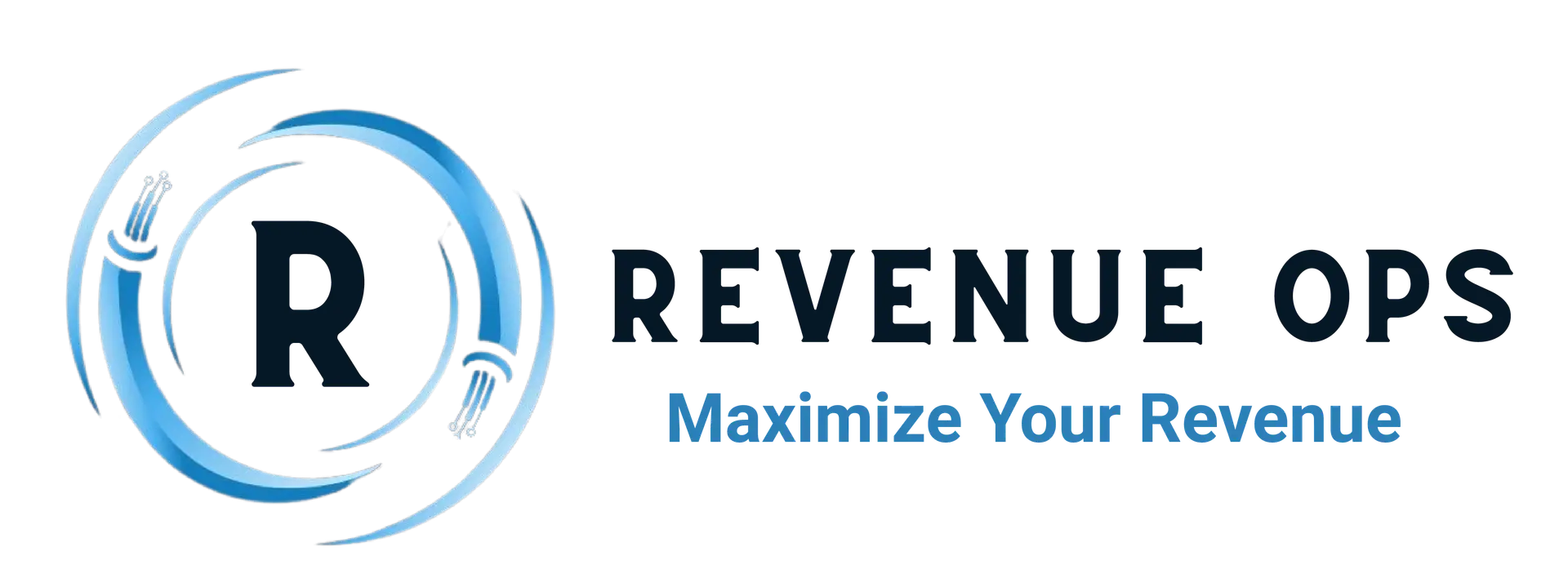
Is RevOps Worth It? A Look Inside This Hot Career Path
Here’s the short answer: yes—but only if you know what you’re getting into.
“Revenue Operations” (or RevOps) has become one of those terms you see everywhere lately—job boards, LinkedIn posts, conference panels. It sounds shiny and strategic. It also sounds vaguely like sales ops, or marketing ops, or just… ops.
So what is it, really? And is it something you should actually pursue as a career?
Let me give you the honest take.
So, What Does RevOps Actually Mean?
RevOps is basically what happens when companies realize their sales, marketing, and customer success teams aren’t playing well together—and it’s hurting their revenue. The idea is to unify all the systems, data, and processes that touch the customer journey, so teams stop stepping on each other’s toes.
It’s part systems thinking, part strategy, part traffic control. Gartner calls it the future of B2B go-to-market. They’re not wrong.
At its best, RevOps clears the runway so GTM teams can actually focus on selling, marketing, and helping customers—instead of cleaning up CRM messes or guessing what’s working.
Why It’s a Real Career Path (Not Just a Rebrand)
Here’s the thing: RevOps isn’t just a buzzword slapped onto a sales ops role to make it sound fancier. It’s becoming a core function at growth-stage companies—especially in SaaS, B2B tech, and any org trying to scale without the wheels falling off.
If you go on LinkedIn or check Built In, you’ll see job titles like:
- Revenue Operations Analyst
- RevOps Manager
- Director of Revenue Operations
- VP, Revenue Strategy & Operations
And these aren’t small potatoes roles. They’re hiring for leadership-level talent, and the compensation reflects that. A quick scan of Payscale shows RevOps managers pulling in $110K+, and it scales quickly from there.
What the Job Actually Looks Like
This is where you want to be clear-eyed.
RevOps isn’t all clean dashboards and crisp strategy decks. Some days, you’re building multi-object reports in Salesforce to prove marketing is actually generating pipeline. Other days, you’re in the weeds fixing a lead routing issue at 5:30 PM before a board meeting.
You’re often the connective tissue between teams that don’t always speak the same language. You’re translating business goals into workflows, tech requirements, and process changes. And you’re constantly thinking: What’s slowing us down? How do we fix it without breaking five other things?
It’s not glamorous. But it’s impactful.
Who Thrives in RevOps
This career isn’t for everyone. You probably won’t love it if you only want to “own your lane” or avoid messy interdepartmental stuff.
But if this sounds like you, you’ll probably do well:
- You like solving complex problems without clear owners.
- You get a weird thrill from untangling bad data.
- You’re a systems thinker with strong people skills.
- You care more about impact than credit.
Bonus if you’ve got experience with tools like Salesforce, HubSpot, Marketo, Outreach, or BI platforms. But honestly, the mindset matters more than the stack—you can learn the tools.
Is It Worth It? Here’s the Real Talk.
RevOps gives you visibility across an entire go-to-market org, which is rare. It lets you sit at the table with leadership early in your career, and influence things that matter: revenue targets, team structure, tech stack decisions, customer journey design.
That’s not to say it’s always smooth sailing. RevOps can be a high-pressure role. You’re often stuck between strategy and execution, trying to explain to a CRO why their forecast is off while also training the new SDRs on lead stages.
But if you like being the person who quietly keeps the machine running—and gets a front-row seat to how growth actually happens—it’s a great path.
And most importantly? It’s not going away anytime soon. Companies are waking up to the fact that alignment isn’t optional. Someone has to own it. That someone is often RevOps.
Bottom line: If you want a career that’s challenging, strategic, and actually matters to how a company makes money, RevOps is 100% worth considering.
Not because it’s trendy. Because it solves real problems.



















